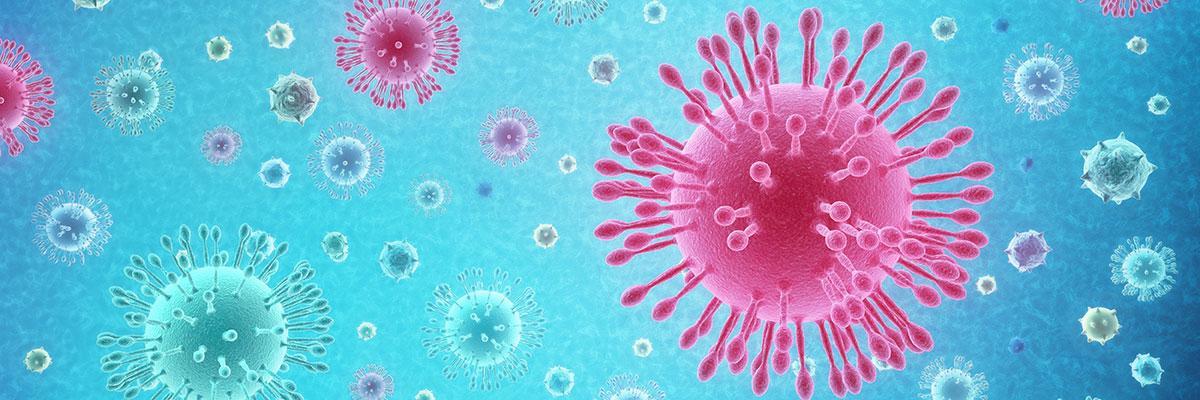

AHA Letter to Surgeon General Re: Elective Surgeries and COVID-19
AHA, AAMC, CHA and FAH letter to assure the Surgeon General and the nation’s leadership that hospitals across the country are actively preparing, planning, and executing our emergency plans to stop the threat of COVID-19, and to provide the medical care that the American people will expect and need during this national emergency.
March 15, 2020
Vice Admiral Jerome M. Adams, M.D.
United States Surgeon General
Department of Health and Human Services
200 Independence Avenue SW
Washington, DC 20201
Dear Dr. Adams:
On behalf of America’s hospitals, we are writing to assure you and the nation’s leadership that hospitals across the country are actively preparing, planning, and executing our emergency plans to stop the threat of COVID-19, and to provide the medical care that the American people will expect and need during this national emergency.
We deeply appreciate the actions the Administration, as well as Congress, have taken to combat COVID-19, and to recognize and reinforce the front-line role that local caregivers play in their communities. We are acutely aware of the potential for a rapid escalation of COVID-19 cases that could stress the capacity of hospitals to care for those suffering from this virus. Weeks ago, when cases were first reported, hospitals began taking every conceivable step to prepare for that challenge.
At the same time, we are concerned about recent comments by government officials that could be interpreted as recommending that hospitals immediately stop performing “elective” surgeries without clear agreement on how we classify various levels of necessary care. We agree that the crisis as it develops may require the curtailment of the least critical or time-sensitive hospital services, but any curtailment must be nuanced to meet the needs of all severely ill patients. Our patients will be best served by carefully evaluating and prioritizing gradients of “elective” care to ensure that the most time-sensitive medically necessary care can be delivered by physicians and hospitals.
While modeling predicts a surge of the number of serious COVID-19 cases that will need hospital care, the hospital system must continue to balance the needs of caring for patients with COVID-19 while providing vital services to others in the community who need care. Hospitals, their physicians, and staff will be called on to treat many patients with emergency or immediate and serious needs: many patients, such as those with cancer or a need for cardiac surgery, will not be able to postpone medical interventions. Where possible, we cannot completely cease caring for illness in our community that is not directly related to the COVID-19 crisis. Our ability to respond to patients must not be prevented by arbitrary directives.
These efforts will depend upon both public and private efforts as we have discussed. The health system will need your continued attention to improving both the availability and accessibility of testing and the personal protective equipment necessary for hospitals to keep cases of COVID-19 at manageable levels. We also must begin now to secure other critical elements of the supply chain (eg, ventilators).
It is imperative to note that “elective” simply means a procedure is scheduled rather than a response to an emergency. For example, “elective” surgeries could include replacement of a faulty heart valve, removal of a serious cancerous tumor, or a pediatric hernia repair. Often, if these types of procedures are delayed or canceled, the person’s condition gets rapidly worse and can even be life threatening. This is particularly true with children who are all in an active phase of their life growth and development. The resulting decline in their health could make them more vulnerable to COVID-19.
A blanket directive to cancel elective and non-urgent procedures usurps the proper role of the physicians caring for patients and their families, collaborating closely with the hospital, to determine what is in the patient’s best interests. Instead, elective and non-urgent procedures, both those in an operating room and in other areas where the procedure can be safely performed, should be based on a case-by-case evaluation of many factors, including:
- Current and projected COVID-19 cases in the facility and in the surrounding area. Where community spread exists, we support a general framework of curtailing elective surgeries that would not threaten the life or health of the patient. We believe that a patient’s physician in consultation with the hospital, patient, and other professionals is in the best position to evaluate and make this decision;
- Supply of personal protective equipment, staffing availability and bed availability;
- Urgency of the procedure
- Whether the patient is well enough for a procedure, including age and underlying health factors, particularly given the risks of concurrent COVID-19 infection; and
- Clinical judgment of patient needs and the situation at hand.
Hospitals, working side-by-side with their physician partners and other caregivers, will continue to provide needed care and procedures where it is safe to do so, prioritizing care that, if delayed, could negatively affect the patient’s health outcome, harm the patient, or lead to disability or death.
We respectfully request that you take our concerns into consideration and clarify the previous comments.
Hospitals are here to protect and promote the health of all Americans, and we embrace our mission to be there 24/7 for all who walk through our doors. Preparing to respond to disasters is not new to hospitals. Our communities are counting on us to be there for them and all their health care needs during the COVID-19 pandemic.
Sincerely,
American Hospital Association
Association of American Medical Colleges
Children’s Hospital Association
Federation of American Hospitals

